That said, the year 2016 saw various companies leap at the chance of hastening the future via connected environments. Below, we have listed the top 10 developments leading the way in IoT as we approach a new year.
1. Google launches Android Things
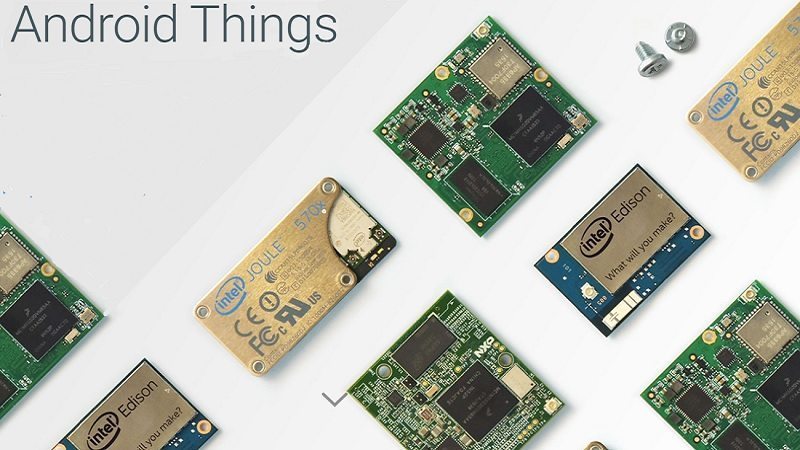
Google announced two important updates to help developers build smarter and more connected devices: Android Things, and an update to the Weave platform.
The Android Things will help build connected devices using Android APIs and the company’s cloud-based services for delivering updates and enabling voice commands. Google plans to combine Brillo, its previous Android-based IoT OS, with tools like Google Cloud Platform, Android Studio, the Android SDK and Google Play Services, to make it easier for developers to build smart devices.
The Weave platform is being updated to connect a new range of devices to the cloud and Google services.
2. WISeKey, SAP tap IoT security
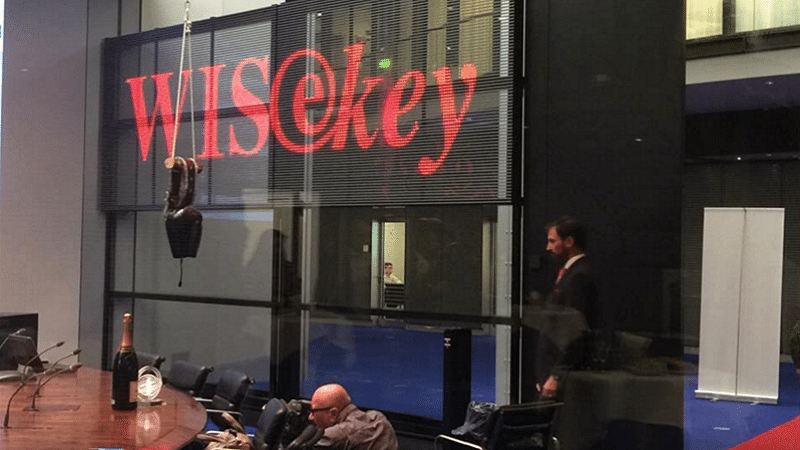
WISeKey, a Swiss-based cyber-security company, collaborated with SAP to provide security to the IoT devices. The partnership integrated WISeKey’s Managed Cryptographic Root of Trust (RoT) secure IoT Edge devices with systems leveraging SAP HANA cloud platform. This means that by embedding the RoT onto an IoT device, one can achieve secure online transactions for interactions between devices on the IoT using SAP HANA.
3. IoT Accelerator by Oracle
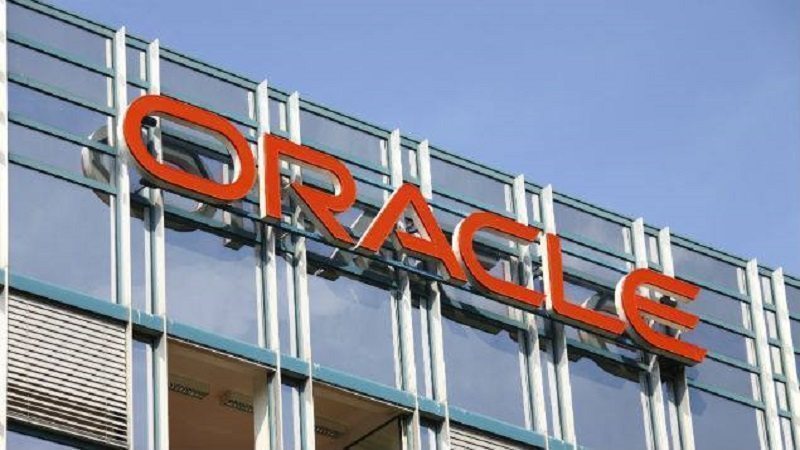
Oracle announced a solution called IoT Accelerator to help brands leverage insights from the Internet of Things (IoT) to power smart and connected customer service experiences. The solution is an integration between Oracle Service Cloud and Oracle IoT Cloud, designed to increase operational efficiency and reduce costs by using IoT data to predict customer needs and address customer service issues.
4. IBM Watson paving its way to consumer brands
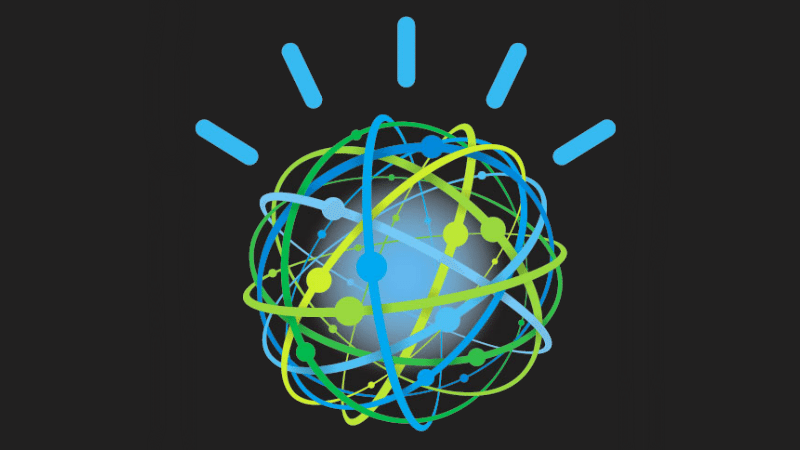
IBM’s cognitive system, Watson, has been put into use by consumer electronic brands such as Nokia, Panasonic, Whirlpool, Bragi and Local Motors to bring cognitive analysis in the everyday lives of consumer.
Apart from this, IBM also partnered with German automaker BMW to focus on the natural language capabilities of Watson, hoping to use cognitive computing to “personalize the driving experience” and improve driver support.
Korean retail company, Lotte, joined hands with IBM Korea to provide customers with personalized services, credible information and professional advice through data analysis by Watson’s cognitive computing technology.
Apple became the first to bag Watson Analytics Mobile for iPad — an app that allows users to make “intelligent decisions” based on data from cloud sources.
5. Cisco, Salesforce take IoT leap

Cisco joined hands with Salesforce to jointly develop and market solutions that join Cisco’s collaboration, IoT and contact center platforms with Salesforce Sales Cloud, IoT Cloud and Service Cloud. The duo decided to integrate Cisco Jasper and the Salesforce IoT Cloud to provide visibility, control and recommended customer actions for connected devices.
6. Intel enters self-driving technology space
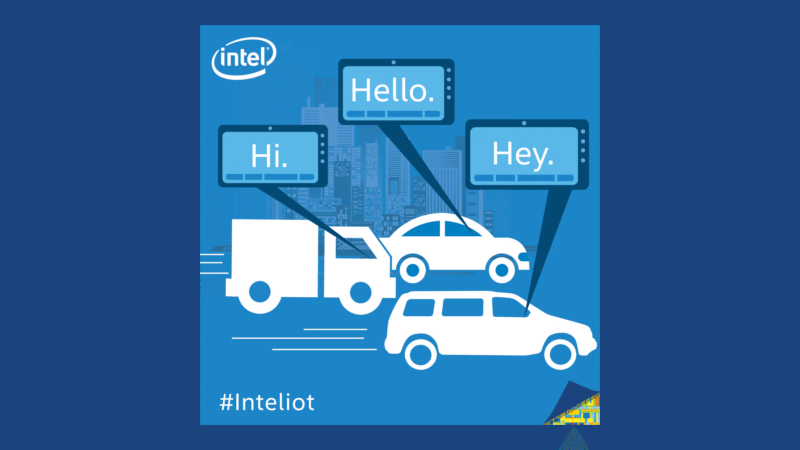
In a move to shift towards the cloud and smart, connected computing devices, Intel acquired machine learning startup Itseez to develop better navigation for self-driving cars. The company is adding new capabilities to its automotive portfolio like Yogitech’s functional safety and over-the-air software management.
7. Volkswagen, LG pair to connect cars and smart devices
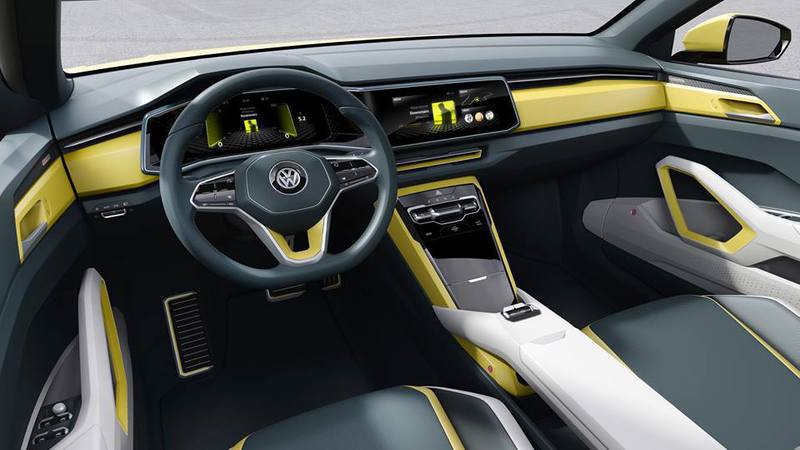
Pairing up for the ‘next-gen’ connected car race, German automobile company, Volkswagen has signed a MoU (Memorandum of Understanding) with South Korea-based electronics firm, LG. The agreement aims at developing a connected-car platform and cloud-based solution that will allow automobiles to communicate with various electronic gadgets and devices around them.
8. Gupshup joins the IoT race
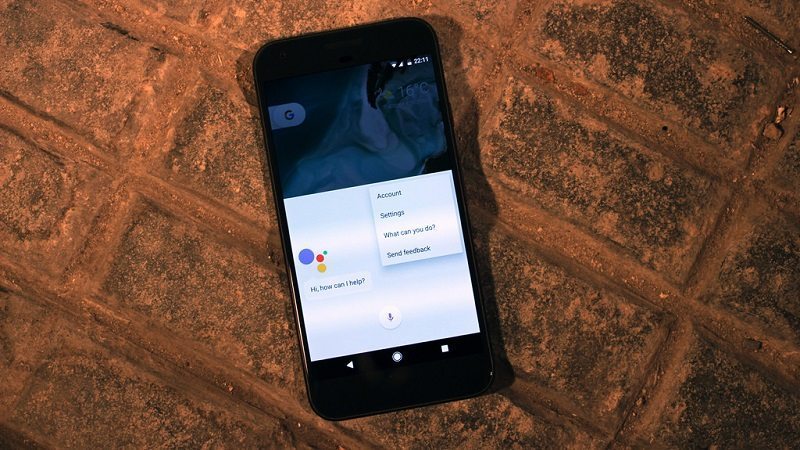
Google partnered with an emerging bot and messaging platform, Gupshup, to enable enterprises to quickly and easily build for Actions on Google, Google’s development interface for the Google Assistant. Gupshup is using its cross-platform development tools to help bot builders create and deploy bots, or ‘Actions’, for the Google Assistant.
9. GE partners Microsoft over IIoT
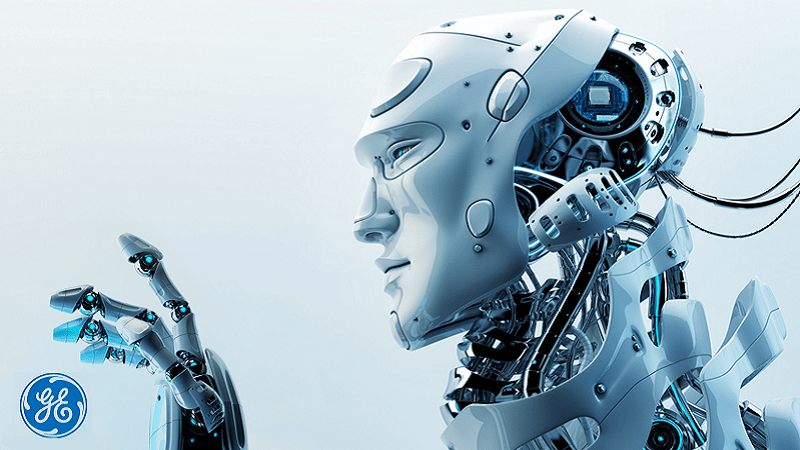
General Electric (GE) entered into a strategic partnership with Microsoft to bring its Predix platform-as-a-service (PaaS), available to Azure users. The move was made to focus on cloud-connected industrial businesses and run services for the Industrial Internet of Things (IIoT). The partnership was announced at the Microsoft Worldwide Partner Conference (WPC) being held in Toronto.
10. Fujitsu brings IoT solution for manufacturing industry
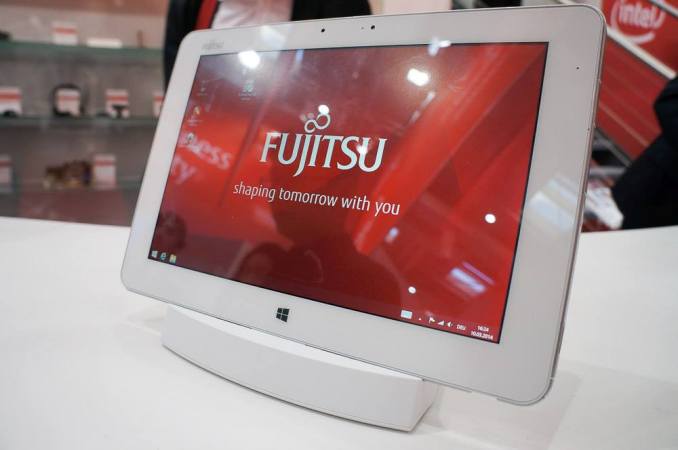
Fujitsu announced the launch of an IoT solution for the manufacturing industry called VisuaLine, that visualizes the operational status of the manufacturing process based on log data of operating results collected from a factory’s equipment. The solution collects log data from the manufacturing equipment, and visualizes the operational status for each individual product in a variety of formats, such as graphs.
